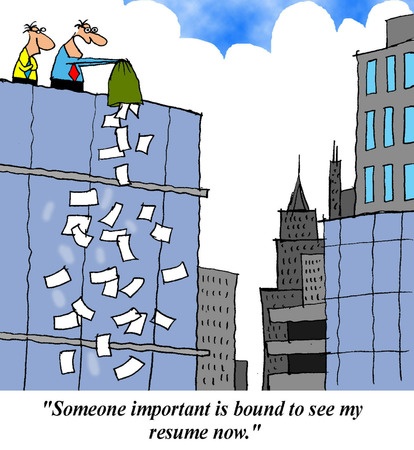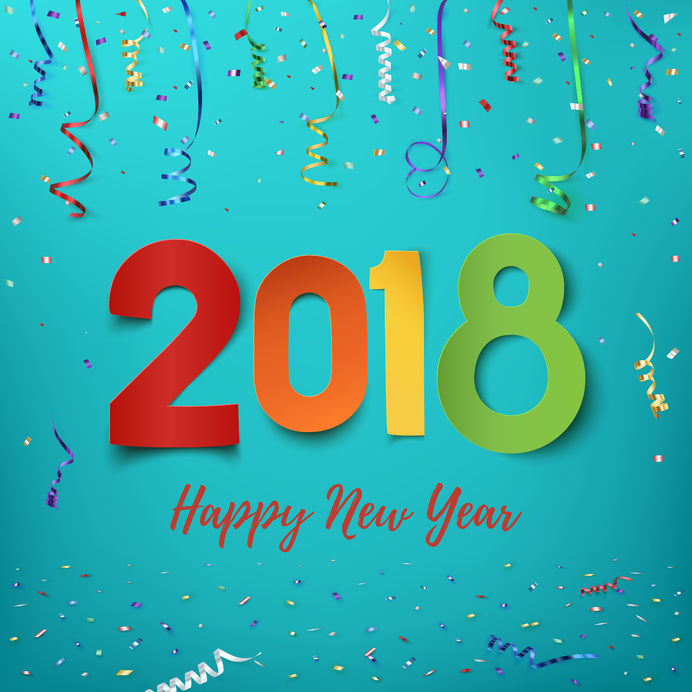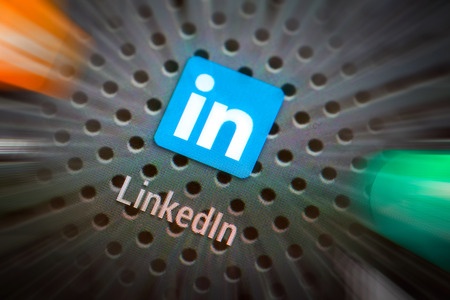Resume Bloopers: Bad To Bizarre
During your career your resume is one of your most important marketing tools. It’s often the first time recruiters and hiring managers meet you. While some may overlook a typo or two there are some mistakes that you cannot recover from.
A recent article on “Interview Bloopers” was so popular I decided to follow it up with one on resumes. With this in mind, I asked recruiters and hiring managers to send me some “Resume Bloopers” things that made them stop and say “I can’t believe that he or she put that on a resume!”
These are listed in what I consider bad to worse to bizarre.
Too Much Information
I’m in the construction industry. I’m always surprised to receive a resume with a headshot. To add to the blooper, an individual will often include: Divorced – 2 Adult Children – 1 Dog – Healthy Non-Smoker! This type of resume makes a recruiter cringe. It makes the company even more vulnerable to discrimination claims.
—Submitted by Revee While, Director of Marketing, Primaris
How To Write A Compelling Thank You Note
If I had more time I would have written a shorter letter.
While this quote has been attributed to many, including Mark Twain and Winston Churchill, research tells us it was said by none.
Still, as any writer will tell you, it’s true.
It takes a lot longer to write a brief, compelling note than a lengthy, letter. That’s why composing a Thank You note is so tough.
Smart candidates email a thank you note within 24-hours.
A brief note. One that doesn’t require the reader to scroll. And scroll. And scroll.
Ideally, an e-thank you note, and e-cover letter, should run about 99 to 120 words. Which means you need to thank the interviewer and sell yourself quickly.
Beyond the requisite thank you, here are a few ideas of what you can include in a thank you note.
Employment History vs. Modern Executive Resume
If you want to get an employer’s attention, don’t send them an employment history. Send them a results-driven, easy-to-scan executive resume.
While many people think they are one and the same.
They’re not.
The reaction they get from employers isn’t the same either.
Here are a few reasons why.
Old-School Executive Resume (Employment History)
2018 Job Search Prep
Hello 2018.
January is often the time when passive looking, turns into full on job searching. Holiday vacations are over. Bonuses have been divided between Christmas shopping and savings accounts.
If your goal is to find a new job this year, it’s time to get moving.
You can begin by starting on this list today.
Get Your Materials Together
First, make sure you resume is recruiter and hiring manager ready. Your resume is your calling card so make sure that it is a marketing document, which shows the impact you’ve had on your current and previous employers.
A boring employment history is not going to impress anyone. Employers want to know how you can solve their problems, you resume should clearly demonstrate your value in modern, easy-to-scan format.
Job Interviews Aren’t All About You
Don’t get ahead of yourself in a job interview. Ask questions, yes. But don’t make it all about you.
In some respects, an initial job interview is like a first date. Each person wants to get to know the one a bit. Does she have a sense of humor? Does he share your love of football? Or maybe your enthusiasm for bird watching?
You’re in the learning about each other stage.
The conversation ebbs and flows, with questions on both sides.
You’re not asking how much the other person makes or if her parents are divorced. It’s way too early in the relationship for questions like that.
The same principles apply to the interview process.
LinkedIn Isn’t Facebook
Although LinkedIn is primarily a business networking site, it’s still considered social media. That’s part of the reason having a profile photo and, with the new user interface, a background photo too.
That said, LinkedIn is not Facebook. Which means your photo needs to be recruiter and employer ready.
Despite this, I often seen inappropriate photos used in LinkedIn profiles.
I don’t mean the obvious mistakes like party photos, although I’ve seen them, it’s photos that people have put some thought into.
How To Avoid A Typical (Boring) Conversation
You’ve probably heard that networking is the best way to find a job. One reason is that people like to hire people they know, which expands to someone referred by someone they know.
Unfortunately, many people are uncomfortable starting a conversation with a stranger. That makes it difficult to meet people at a networking event.
Why?
Unless you’re one of the first to arrive, many networking events are bustling from the moment you walk in the door. There are several groups chatting. Even worse are parties of two who seem in deep conversation.
One way to engage with a group is to stand close by and wait for an opportunity to join. Great connectors are always looking for people lurking and will invite them in to the conversation.
A more direct approach is to simply ask “Can I join you?”
I’ve never had anyone or any group say no.
Is Your LinkedIn Photo (Or Lack Of) Hurting Your Chances?
It’s always surprising to me how many people don’t have a photo on their LinkedIn profile. A lot of people just don’t get around to it. These are generally the folks with the “skeleton” LinkedIn profiles with very little information.
Some people don’t put a photo on their LinkedIn profile because they’re afraid of discrimination. While most of these concerns seem to be related to age discrimination, I’m sure others are afraid of being discriminated against for other reasons.
The thing is that when you don’t have a photo on your LinkedIn profile recruiters and hiring managers wonder why. If they don’t see a photo while doing a LinkedIn search many won’t bother to click on the profile.
Job Search Expenses Tax Deductible?
No one disputes that looking for a new job can get a bit pricey. Upgrading your interview wardrobe, getting some business cards, and creating marketing documents all have a fee.
While having a professionally written resume will probably shorten your job search and may even help you get a higher salary, partnering with an experienced resume writer isn’t cheap.
The good news is that some of your job search expenses are tax deductible**
Salary: Negotiate Or Not?
Do you accept the first salary offered or do you negotiate?
In my 9 to 5 years, working for small firms, nonprofits, and international corporations, I always accepted the first salary I was offered.
I didn’t try to negotiate.
Not even once.
This was a big mistake on my part. I most assuredly left money on the table.
But, I’m not alone.
It turns out 73% of employers say they are willing to negotiate but 55% of candidates don’t even ask according to research done by CareerBuilder.










